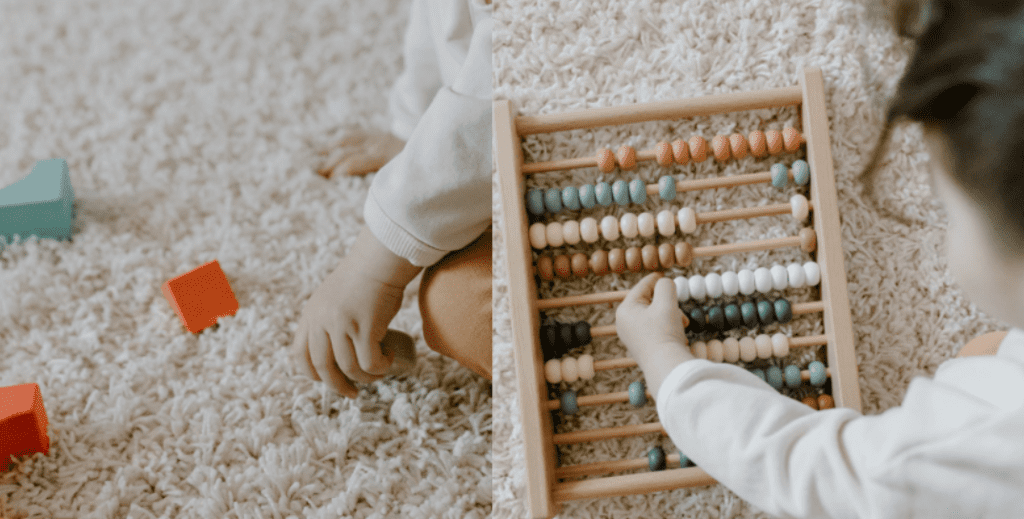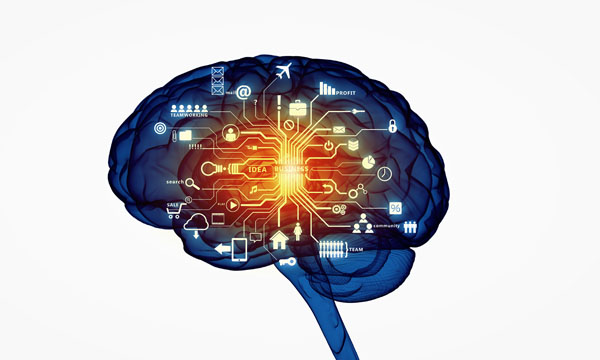The downside of spending most of the time on technological devices is the fact that our brain’s functions diminish. Writing on paper and doing mathematical operations in our minds was, in the past, the best exercise to improve numeracy and literacy, brainpower, and memory capacity. However, nowadays, we seldomly write or draw by pen on paper and we even more rarely do calculus in our mind.
Even though we use technology 24/24, there are learning strategies that are highly efficient in retrieving our brain capacity. They target improving numeracy skills and increasing memory capacity.
The OMC math tutors have put together a couple of exercises that enhance numeracy skills so let’s get started!
Improve Your Math Skills With These Exercises
100 Challenge

Create equations that equal each of the digits between 1 and 100, but you are allowed to use only these four digits: 1,4,7, and 9. The rules are as follows:
- All four digits must be used in each equation.
- Each digit can only be used once in each equation
- Any operation—addition, subtraction, division, multiplication—or symbol—parentheses, radicals, exponents, etc.—can be used to create equations.
- Digits can be combined to form new digits (e.g., 1 and 4 can be combined to form 14 or 41), fractions (e.g., 1 and 7 can be combined to form 1/7 or 7/1), and decimals (e.g., 4 and 9 can be combined to form 4.9 or .49)
For example: 1 + 4 + 7 – 9 = 3. Try to create more complicated equations!
Three-Digit Numbers
Choose any 3-digit number then add 3 to the number you chose, three different times. Then subtract 7 from the acquired number 7 times.
Repeat this process 3 times by choosing a new 3-digit number each time. You can also play around with different numbers of variables, such as 2 or 4-digit numbers.
For example, chosen number – 123
- Add 3 to 123, three different times: 123 + 3 + 3 + 3 = 132
- Subtract 7 from 132, seven times: 132 – 7 – 7 – 7 – 7 – 7 – 7 – 7 = 83 ( ? – is this the correct result? )
Number Skipping
Count to 100 by removing (not voicing out the odd numbers).
Count to 100 by removing the even numbers.
Continue this exercise by increasing the count to more difficult numbers such as 235, 1469, 20 567, and so on.
Pick A Number
Choose a number or write one down. Keep it in your mind and get ready to answer these questions:
- In how many ways can you divide your chosen number into whole numbers?
For example: by choosing the number 9 – we can divide it into 3 by 3 to obtain a whole number, so just once. - What numbers can you add up together in order to get your chosen number?
- How many numbers can you subtract from your chosen number?
Cryptarithms
Cryptarithmetic puzzles are puzzles that use digits instead of letters. They can be quite challenging but they are the fun of programming and coding in technological companies. Check here for some of these puzzles that you can solve.
One example is: Reconstruct the multiplication, in which all the A=3 are given.
. . . . . A
A . . . . . .
—————
A.A. A . J
. . . . . A
. . . A . . N
. . . A . V
. A . . . . I
. . . . . A E
J A N V I E R
—————————
. . . . . . . . . . . . .
Or check some alphametics puzzles that can be easier to solve once you understand the key of the exercise.
Passive Memory Training
Notice a different detail on the clothes people that you meet today on the street or at school wear. For example, the store lady is wearing a red scarf, the bus driver has a blue jacket, and so on.
Try to memorize those details in your mind without noting them down and in the evening write on a piece of paper which details you managed to memorize.

This is a psychological technique that enables memory capacity and it is considered passive because there is no specific brain technique used in memorizing the details, we just “order” our brain to remember. This exercise can be practiced by children and parents because adults need to train their memory capacity since it is affected by stress and tiredness. Also, due to constant technological use, we don’t practice observation as much as before and that is an important aspect of management and monitoring.
Mind games are especially important for young children because they develop critical thinking, logical operations, and memory capacity. This way, they will manage to be more independent in making decisions and enable self-trust.
If this article has left you with some headaches, don’t worry! Our math tutors offer group and individual math tutoring for middle school students or children that are preparing for math competitions. Reach out to us and find out more about the Online Math Center!